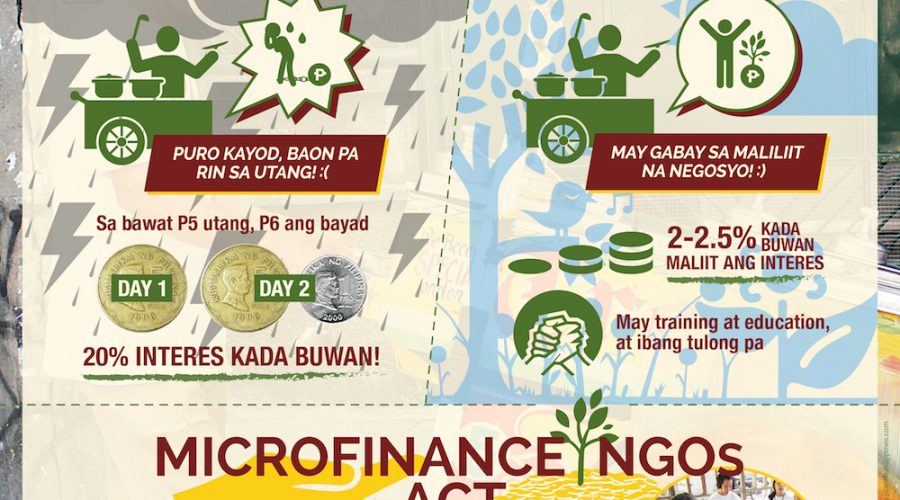Senate Bill No. 659: Local Development Council
It is the basic policy of our State to give primordial importance to the autonomy of the local government. Republic Act No. 7160, otherwise known as the “Local Government Code” aims to provide a more accountable local government structure and institute a system of decentralization.
Section 106 of the Local Government Code mandates each local government to have a Local Development Council (LDC) at the provincial, city, and municipal or barangay level. The LDC is expected to set the direction of economic and social development within its territorial jurisdiction. At the provincial, city and municipal level, the functions of the LDC are to: 1) Formulate long-term, medium-term and annual socio-economic plans and policies; 2) Formulate the medium-term and annual public investment programs; 3) Appraise and prioritize socio-economic development programs and projects, among others. At the barangay level, the LDC is expected to mobilize people’s participation in local development efforts and to monitor and evaluate the implementation of national or local programs and projects.
Our laws recognize the significance of multi-sectoral representation and participation of the LDC. This is made clear in the implementing rules and regulations of the Local Government Code that mandates that the composition of the LDCs shall include representatives from duly accredited people’s organizations (POs), non governmental organizations (NGOs) and the private sector operating therein. Further, NGO representation shall not be less than %of the total membership of the fully organized council. However, despite the express provisions of our laws and implementing rules, many local government units still do not adhere to them. There are also NEDA reports showing that many local special bodies do not meet regularly thus minimizing the participation of NGOs and POs in local governance.
In any democratic nation, every individual must share in the sovereign power and must be able to participate equally in the government of the local body. Each sector of a nation must give their voice in the decisions that will affect them all. The local NGOs and POs must be given a place in the local councils for rightful representation. The local government’s goal should support the creation of a better life for its people, echoing the voice of the people and help to build resilient and prosperous communities, now and over the long term.
For this purpose, this bill seeks to bolster the noble goals of RA 7160 in ensuring that the NGOs and POs are made active partners in the pursuit of socio-economic welfare in the local autonomy. The bill mandates LDCs to convene at least four times in a year: March, June, September, and December. The leagues of LGUs are further mandated to monitor such meetings through the Oversight Committee on Local Government. Finally, the bill seeks to provide punitive actions to local executives who fail to execute such laws.
In view of the foregoing, immediate approval of this bill is earnestly sought.

Recent Comments